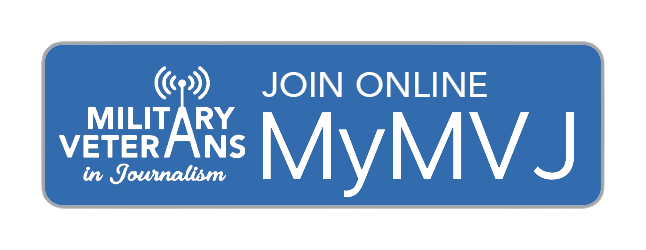This resource is provided by American Corporate Partners, which aims to ease the transition from the military to the civilian workforce. ACP is a national nonprofit organization focused on helping returning veterans and active duty spouses find their next careers through one-on-one mentoring, networking and online career advice.
Tips for a Successful Long-Distance Mentorship
Many mentorships are long-distance. Here are some of our best suggestions for getting the most out of your long-distance mentorship.
- Be accountable to one another. Create a call schedule with your Mentor or Protégé. Schedule a series of calls or videoconferences in advance or reserve a specific day of the month to speak. If you are having trouble coordinating schedules, consider creating free accounts on Doodle.com. They can help you identify the best dates and times in your schedule to meet.
- Add structure to your mentorship by creating monthly or quarterly goals to work towards.This will help keep your mentorship on track and moving forward.
- Mentors: consider setting up informational phone interviews for your Protégé with colleagues in your network. This will help your Protégé expand his or her own network while learning about new career fields.
- Protégés: share job postings that you would like to apply to with your Mentor. Review them together to determine if you meet the qualifications. If so, start talking about how you can best represent yourself in a résumé and cover letter.
- Practice interviewing skills together. Conduct mock interviews over the phone or via videoconference. This will provide Protégés with constructive feedback to avoid making common interviewing mistakes. Pairs can also critique interviews on YouTube together, discussing the interviewee’s strengths and weaknesses.
- Network online. Connect on LinkedIn and join groups of mutual interest. You can also follow companies on Twitter to view their most recent job posts. Social media can be a great tool to network and stay informed.
- Mentors: help your Protégé network locally. Check if your company has a satellite office close to where your Protégé lives. Try to set up a “shadow day” for your Protégé with a colleague or department.
- Grab a book. Select a book about management, business or professional development to read together. Check our Recommended Reading List for suggestions. To save on expenses, you can always go to your local library to get started.
- Regularly assess your progress. Each quarter, look back on the progress that you have made together. Are you satisfied with your work? Are there areas to improve upon?
- As always, be honest with one another. Let your Mentor or Protégé know what is working in your mentorship and what you would like to change. The only way to make things better is to communicate your goals and expectations throughout the yearlong mentorship.

























